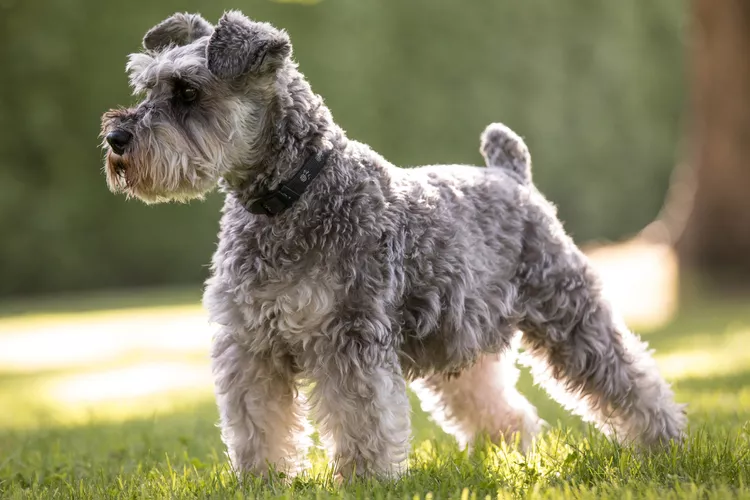
The miniature schnauzer is a small terrier dog from Germany who was bred as a farm dog meant to exterminate vermin. Today, these hardy, feisty little dogs—bred down from the larger standard schnauzer—are favorites of allergy sufferers and apartment dwellers.
Miniature schnauzers don't shed much, so they're considered hypoallergenic. Their size, usually around 1 foot tall and weighing under 20 pounds, can make them perfect for apartments. But mini schnauzers are smart and will frequently bark, so make sure you can keep them busy.
Learn more about the popular miniature schnauzer.
GROUP: Terrier
HEIGHT: 12 to 14 inches
WEIGHT: 11 to 20 pounds
COAT: Medium-length, wiry double coat
COAT COLOR: Black, black and silver, or salt and pepper
LIFE SPAN: 12 to 15 years
TEMPERAMENT: Friendly, lively, alert
HYPOALLERGENIC: Yes
ORIGIN: Germany
Miniature schnauzers typically have a bright and vigilant temperament. They tend to be quite vocal and make for good watchdogs because they’re wary of strangers and devoted to their family. Usually, they're very affectionate and enjoy playtime.
Standard schnauzers can trace their roots back to the 15th century in Germany. They were sturdy working dogs on farms where they protected property, herded livestock, and exterminated vermin. The giant schnauzer, a larger spinoff from the standard, performed those tasks as well.
Then, in the late 19th century, farmers wanted a smaller dog who could hunt vermin. Besides the standard schnauzer, the poodle and affenpinscher also went into creating the mini schnauzer. The combination of these breeds made the mini schnauzer more friendly and eager to please than many other dogs in the terrier group.
Thus, the miniature schnauzer also quickly caught on as a lovable companion dog. Actor Mary Tyler Moore, politicians Elizabeth and Bob Dole, and martial artist/actor Bruce Lee were mini schnauzer owners.
The American Kennel Club first recognized the breed in 1926, and it's one of the most popular breeds in the United States for years. In 2023, the mini schnauzer was the 17th most popular breed, according to the AKC.
Miniature schnauzers need a moderate amount of exercise each day, and they should receive training and socialization from a young age. Plus, their coat needs regular grooming because it rarely sheds.
Miniature schnauzers are no couch potatoes. These little dogs should get at least one hour of exercise per day in the form of various activities, such as:
Puzzle toys also can provide these smart dogs with mental stimulation.
Make sure always to keep your mini schnauzer on a leash or in a fenced area when exercising outdoors. The breed’s strong prey drive can cause them to quickly take off after perceived quarry when given the chance.
The miniature schnauzer has a double coat consisting of a wiry topcoat and soft undercoat. They rarely shed, so they are a bit high maintenance, requiring regular brushing and trimming. And even though no dog is 100% hypoallergenic, the mini schnauzer is a good choice for those with allergies.
A quick daily brushing will remove any loose fur and prevent tangles. You'll also want to clean and brush out their beard, which may collect food and dirt.
Most pet parents opt to take their dog to a groomer every one or two months to have the coat clipped, though you also can learn to do this at home. It’s also important to trim the fur around the eyes regularly so it doesn’t impact their ability to see everything around them clearly.
Plan on a bath roughly every month, depending on how dirty your dog gets. Check your dog’s ears at least weekly for wax buildup and abnormalities, and use ear cleaners made for dogs when needed. Also, make sure your dog’s ears are dry if they’ve gotten wet.
These dogs need a nail trim about every month as well. Plan to brush their teeth daily.
Proper training and socialization are both essential for a happy, well-adjusted miniature schnauzer. Start as young as possible to prevent bad habits from forming. The breed generally learns quickly, but their high intelligence can make them bored with repetitive training. Thus, it’s important to keep training sessions fun, using positive reinforcement methods.
Expose your dog to different people, dogs, and places from a young age. Mini schnauzers are generally semi-open to meeting strangers and other dogs. But because of their prey drive, they might not coexist peacefully with smaller household pets like rodents.
Furthermore, miniature schnauzers can bark a lot. If that bothers you or your neighbors, you can limit the barking through training, exercise, and help from a professional trainer or behavior expert. They may sometimes bark when left alone, meaning separation anxiety could be at play.
The miniature schnauzer overall is healthy, but the breed is prone to some hereditary health issues, including:
Always have fresh water available for your miniature schnauzer. For food, feed them high-quality, nutritionally balanced canine diets. It’s typical to feed two measured meals per day. But you should discuss both the amount and type of diet with your vet to make sure you’re meeting the dog’s needs. Be mindful about treats and other extra food to prevent overeating.
As miniature schnauzers are prone to having high fat levels (hyperlipidemia), some might need a special diet to help manage their fats. This should always be prescribed by a veterinarian.
If you’re looking for a puppy from a reputable breeder, expect to pay around $500 to $2,800 on average, though the price can vary widely.
The mini schnauzer is a fairly popular breed, so it’s worth checking local animal shelters and breed-specific rescue groups for a dog in need of a home.
For further information to help you find a miniature schnauzer, check out:
The miniature schnauzer is a hypoallergenic breed that can make a wonderful family pet. These active dogs are friendly and enjoy a range of fun activities with their humans. However, they have a high prey drive and tendency to bark.
As with any breed, do plenty of research on the miniature schnauzer before deciding to bring one home. Talk to veterinarians, breed pet parents, reputable breeders, and rescue groups to learn more.
If you’re interested in similar breeds, check out:
There’s a whole world of potential dog breeds out there—with a little research, you can find the right one to bring home!
Well-trained and socialized miniature schnauzers can be excellent family dogs. They are typically tolerant of kids and enjoy family playtime.
Miniature schnauzers are prone to barking. Therefore, even though they’re small and can adapt well to various living situations, including apartments, training may be necessary to avoid disturbing neighbors.
Miniature schnauzers are generally sweet dogs, so they're usually not considered aggressive. They do, however, possess a high prey drive, so they might chase small animals.

Exploring the Different Types of Pet-Friendly Beaches
Are you looking for pet-friendly beaches? Learn about the different types of pet-friendly beaches, their locations, and tips for visiting them with your pet.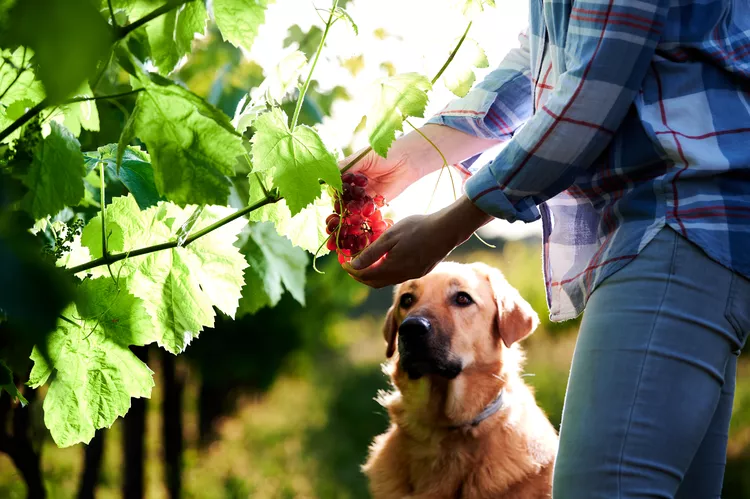
Exploring Pet-Friendly Wineries: Types, Locations, and More
Discover the different types of pet-friendly wineries, where to find them, and what to expect when you visit. Learn more with The Spruce Pets.
Why Is My Dog’s Eye Swollen?
If your dog's eye is swollen, she may need veterinary attention. The inflammation could be caused by allergies, an injury, or even a tumor.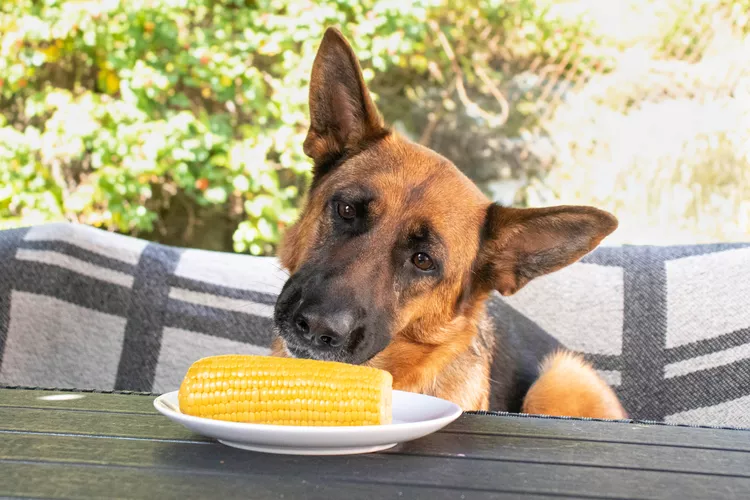
Can Dogs Eat Corn on the Cob?
Dogs love chewing on corn cobs, but this can cause serious harm. Learn about the dangers of corn cobs and find out what to do if your dog eats one.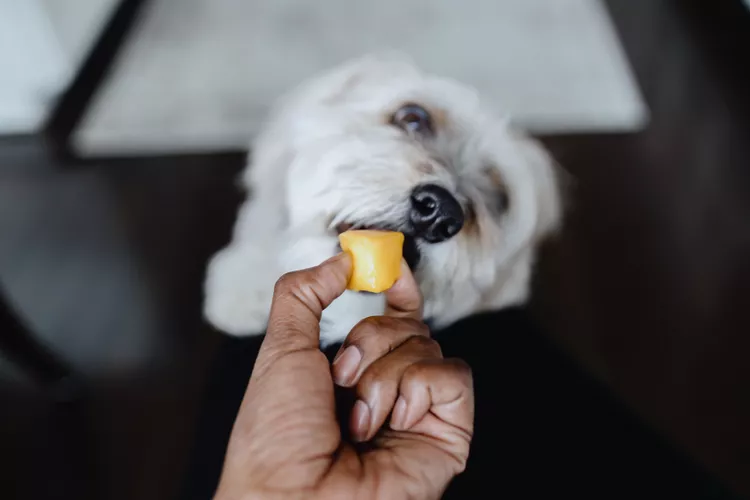
Can Dogs Eat Papaya? What to Know About Sharing This Tropical Fruit With Your Pup
Papaya is safe for dogs in moderation, and it can even provide some nutritional value for them. However, too much can cause digestive upset, and it's not suitable to share with dogs with certain health conditions.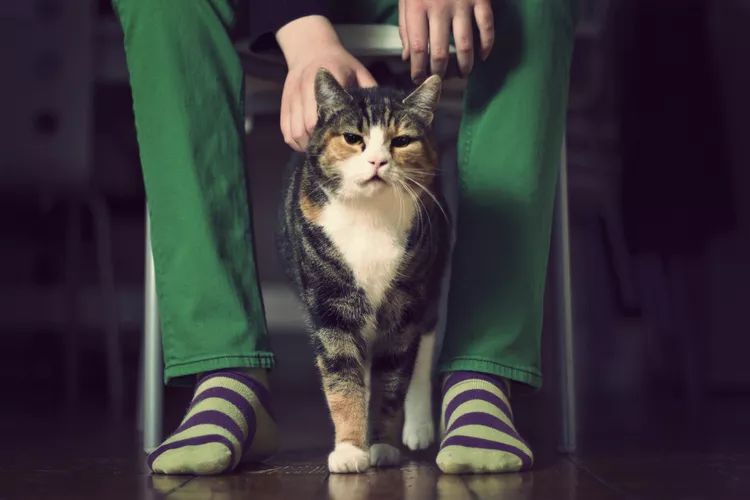
65 Irish Cat Names
Irish cat names can pay homage to historical places, local cuisine, famous Irish actors and musicians, or other wonderful aspects of the Emerald Isle.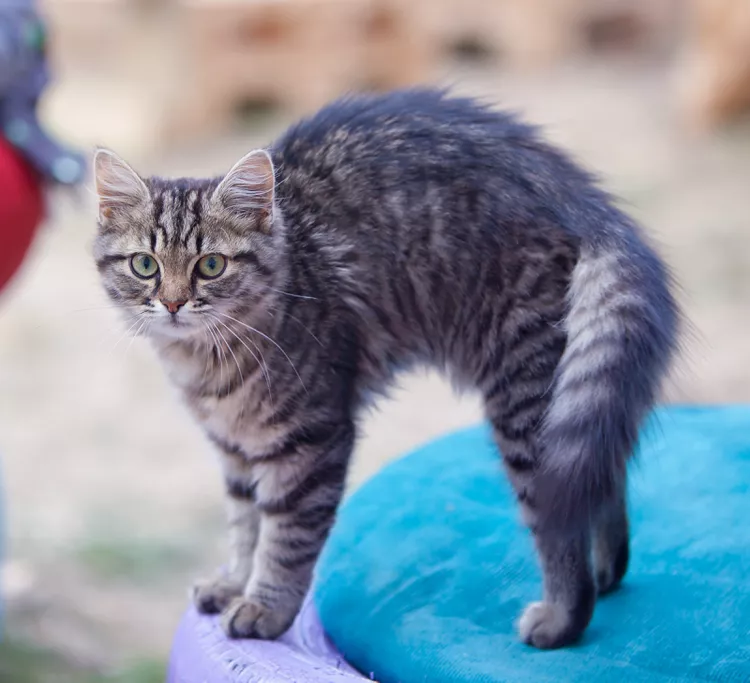
Feline Hyperesthesia Syndrome (FHS) in Cats
Rippling skin is more than dermal sensitivity in cats. It can be a sign of Feline Hyperesthesia Syndrome. Learn the causes, treatment, and prevention.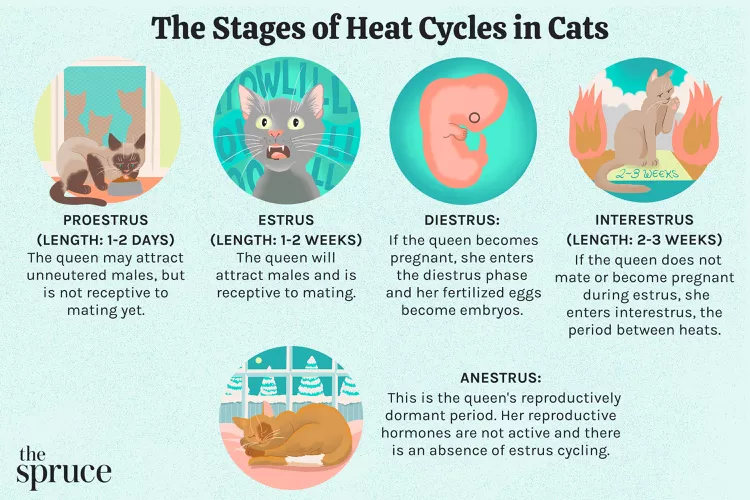
How Long Are Cats in Heat?
How long are cats in heat? Learn about the heat cycles of cats, also called estrus, as well as the reasons you should spay your cat.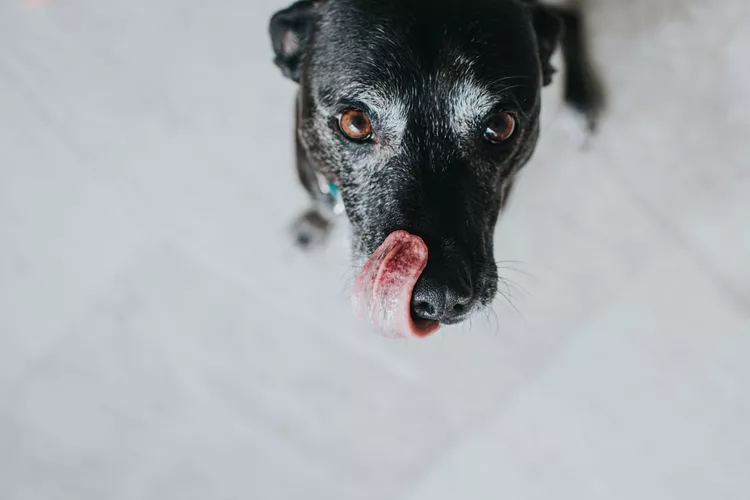
Can Dogs Eat Raw Chicken Feet?
What are the potential health benefits of chicken feet for dogs? What are the risks?
Is Eucalyptus Safe for Cats?
Many products containing eucalyptus are not safe for cats, and it is important to be aware of the risks to your cat.
What You Need to Know About Homemade Cat Food
If you want to cook for your cat, make sure to read about the risks associated with homemade diets for cats
Can Cats Eat Peanut Butter?
Peanut butter is not toxic to cats, but it might not be the best choice of treat for them.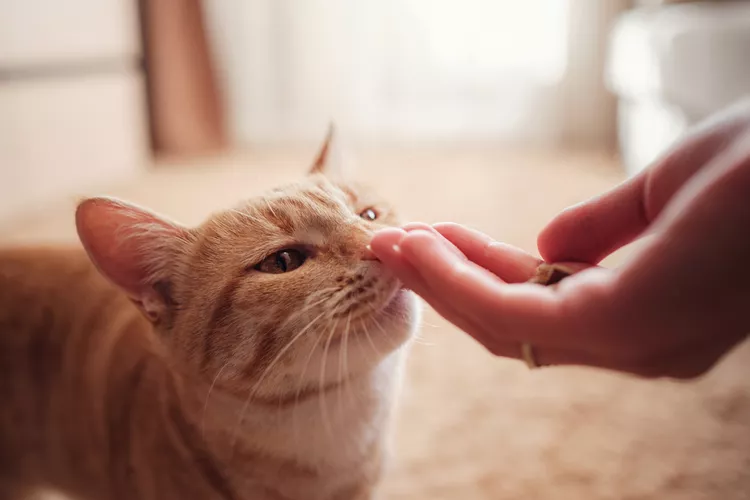
Can Cats Eat Cheese?
Can cats eat cheese? Is it healthy for them? How much can they eat and what should you do if you fear your cat has eaten too much cheese?
8 Flat-Faced Cats with the Cutest Smooshed Faces
These flat-faced cat breeds have a distinct and adorable appearance. Learn about their origins and traits, and the potential health risks tied to their unique facial structures.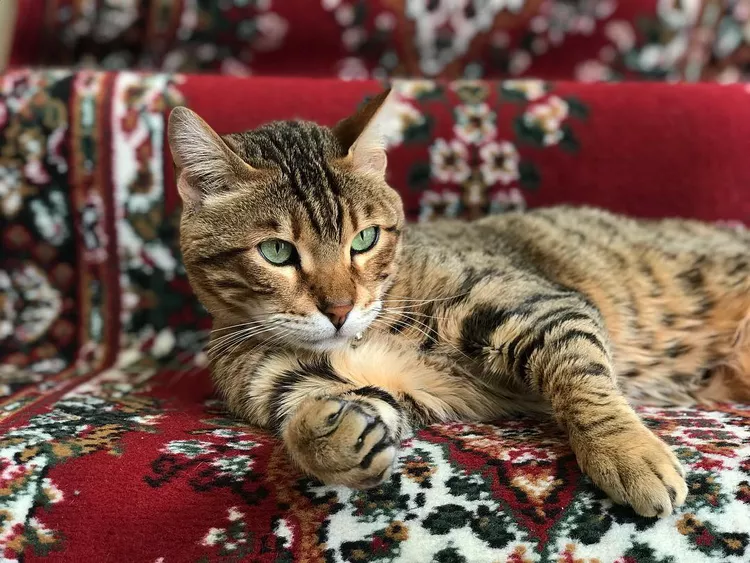
Pictures and Facts About Bengal Cats and Kittens
Bengal cats are a cross between wild cats and domestic cats. Learn more about what they look like and pictures of this beautiful spotted breed.
Top 10 Big House Cats
Larger cat breeds, like Maine coons and savannahs, deserve just as much love as their petite counterparts. These big house cats tip the scales.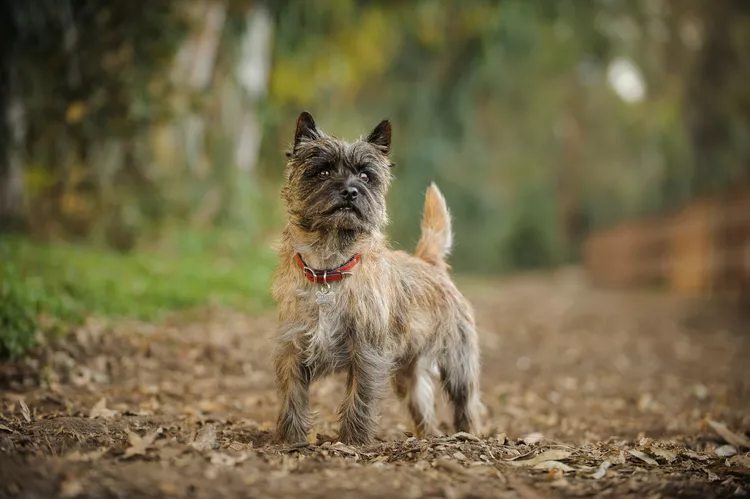
Cairn Terrier: Dog Breed Characteristics & Care
The cairn terrier is a spunky, affectionate, and intelligent dog from Scotland. The breed became famous when one played Toto in The Wizard of Oz. Learn about the temperament, history, health, and care needs of the cairn terrier dog breed.
Reasons Why Dogs Grind Their Teeth
Some dogs grind their teeth. Learn why dogs grind their teeth and if it can be harmful. Find out what to do about teeth grinding in dogs.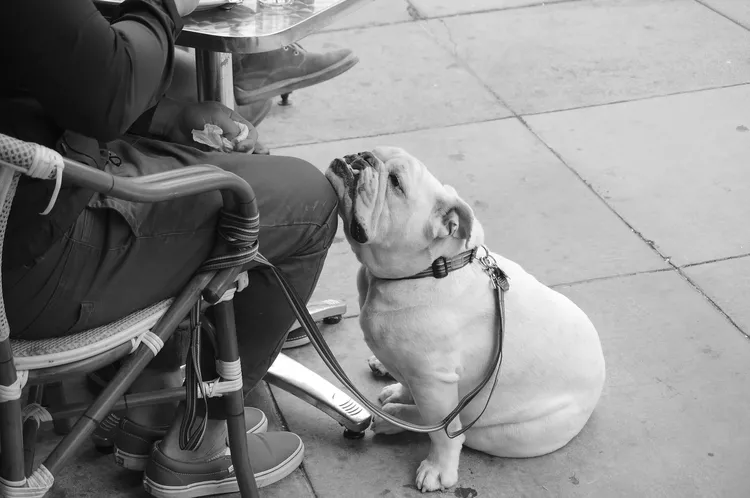
This Is Why Some Dogs Lean on People
Certain dogs really love leaning on their humans. What does this mean? Find out why dogs lean on people and if this is ever a problem.
Can Dogs Get Depression? How to Help Your Sad Dog
Can dogs get depression? Learn about the signs of depression in dogs and find out how to help your sad dog.